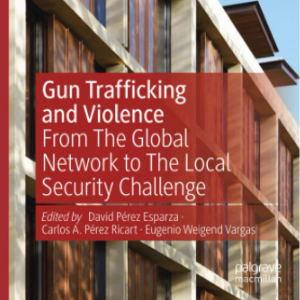
Gun Trafficking and Violence
Katherine Aguirre, Igarape’s researcher, contributed to the book with a chapter on the flow of illegal weapons in Central America

Katherine Aguirre, Igarape’s researcher, contributed to the book with a chapter on the flow of illegal weapons in Central America
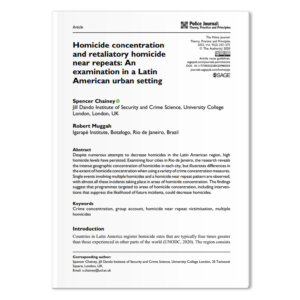
Despite numerous attempts to decrease homicides in the Latin American region, high homicide levels have persisted.

Is it possible for societies to reduce crime without creating or exacerbating adversarial relationships between the police and citizens?

Robert Muggah and Katherine Aguirre contributed with a chapter for The Oxford Handbook of the Sociology of Latin America.
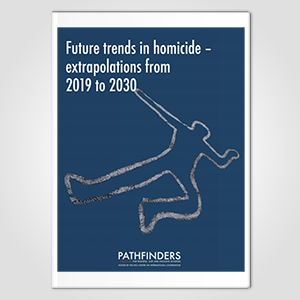
Most countries have actually experienced sustained declines in homicidal violence across several decades. Notwithstanding the disruptive effects of COVID-19 and associated economic stresses in 2020, these trends are expected to continue in several parts of the world.
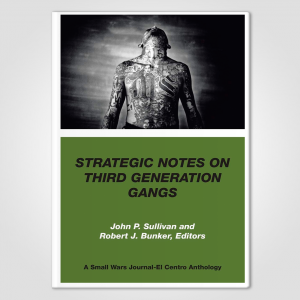
Strategic Notes on Third Generation Gangs builds upon the third generation street gang (3Gen Gang) theory first articulated in a series of papers by John P. Sullivan in 1997
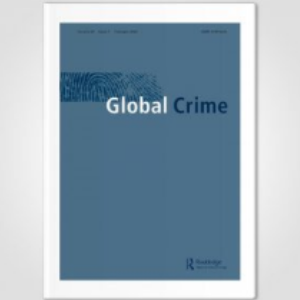
Focused on Mexico City, this article offers a seminal examination of the relationship between block layout and intentional homicide.
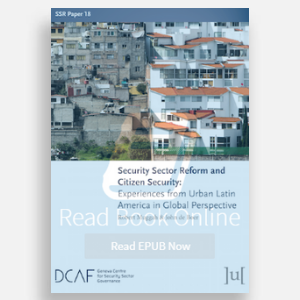
While widely considered a core pillar of the peace and security architecture, Security Sector Reform (SSR) is coming under fire. SSR theory and practice are criticized for being overly focused on traditional conflict and post-conflict settings and for being unable to adjust to unconventional settings marked by chronic crime and terrorism.

The development of the Case study: Crime prediction for more agile policing in cities has been researched and written by Katherine Aguirre (Igarape Institute), Emile Badran (Igarape Institute) and Robert Muggah (Igarape Institute) and has been edited and revised by Okan Geray (Smart Dubai Office).
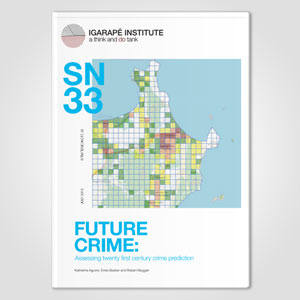
Cities are where the future happens first.

The objective of this study is to offer a data-driven review of the growth, trends, and the principle reasons behind the rapid expansion of the prison population in the region during the past two decades.
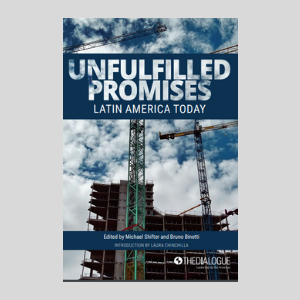
This volume is the culmination of a special Inter-American Dialogue project. Unlike other Dialogue publications, its essays attempt to stand back
and take a broad view of Latin America.

Robert Muggah on city mayors and how they define our collective fates

Crime and violence are a common threat to Latin America and the Caribbean, but their manifestations vary across countries, cities, and neighborhoods.

The Urban Security Exchange: Data, Design and Innovation for Urban Security was held on January 22 and 23, 2018 in San Salvador
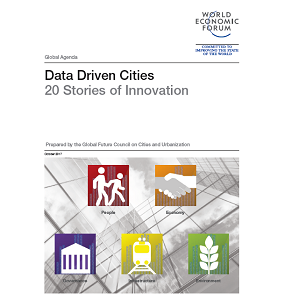
Data-Driven Cities: 20 Stories of Innovation seeks to highlight how cities have achieved the use of data to drive their development.

The article introduces a basic typology to conceptualize various types of internal displacement in Brazil.
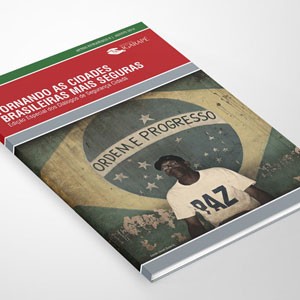
[In Portugues] It is possible to make Brazil safer? Specialists say it is and share effective iniatives of four brazilian states.
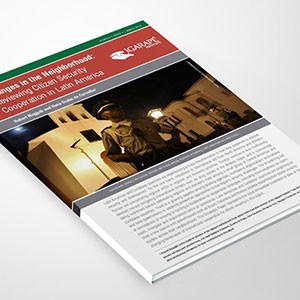
This Strategic Paper represents the most exhaustive treatment to date of the changing landscapes of international cooperation for citizen security in Latin America and the Caribbean.

This report considers how citizen security have been operationalised across Latin America, assembling more than 1,300 citizen interventions across the region since the late 1990s.

Youth violence is reaching epidemic levels in some parts of Latin America
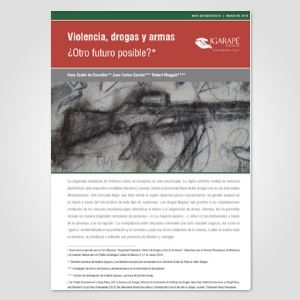
La seguridad ciudadana en América Latina se encuentra en una encrucijada.
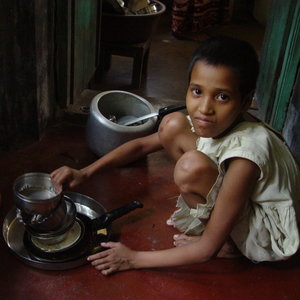
This article purposes the development of a “Child Security Index” in order to better understand the experiences of children in fragile and conflict-affected settings.

A research on urbanization challenges, focused on the connections between urban violence, inequalities and poverty and on identifying the most effective strategies for addressing these challenges.

Robert Muggah talks about criminal violence in non-war scenarios like Africa and America

O Instituto Igarapé utiliza cookies e outras tecnologias semelhantes para melhorar a sua experiência, de acordo com a nossa Política de Privacidade e nossos Termos de Uso e, ao continuar navegando, você concorda com essas condições.

